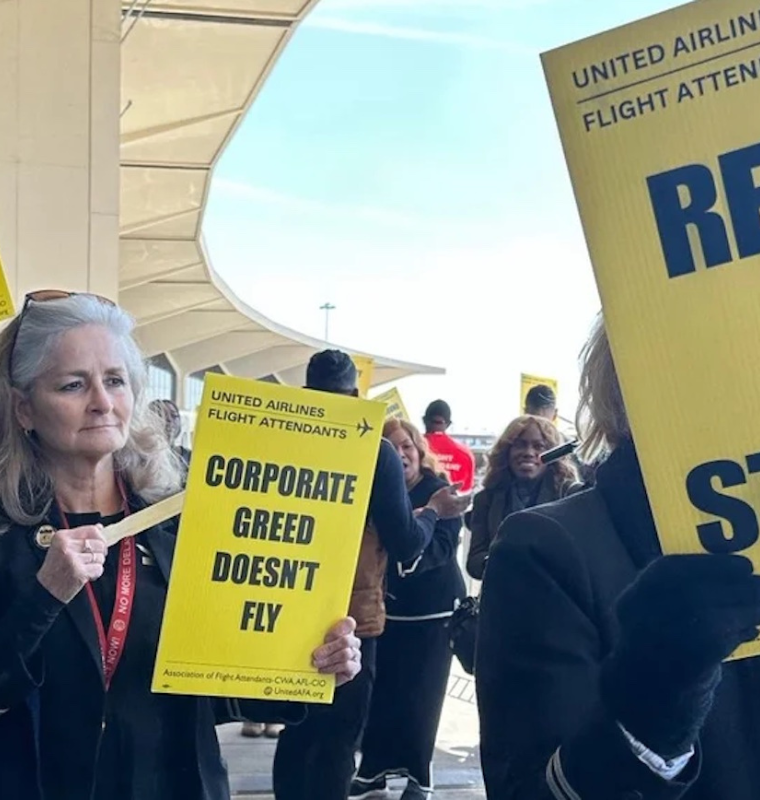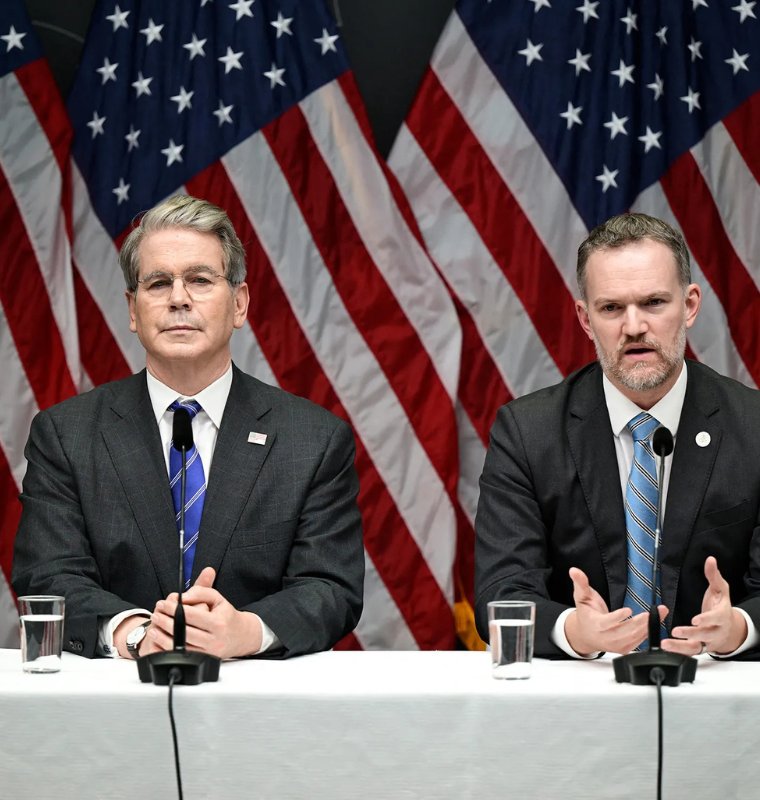Trump and Xi Expected to Resume Trade Talks Soon, Though Timing Still Unclear
Trump and Xi Expected to Resume Trade Talks Soon, Though Timing Still Unclear
By
Calder Monroe
Last updated:
June 2, 2025
First Published:
June 2, 2025
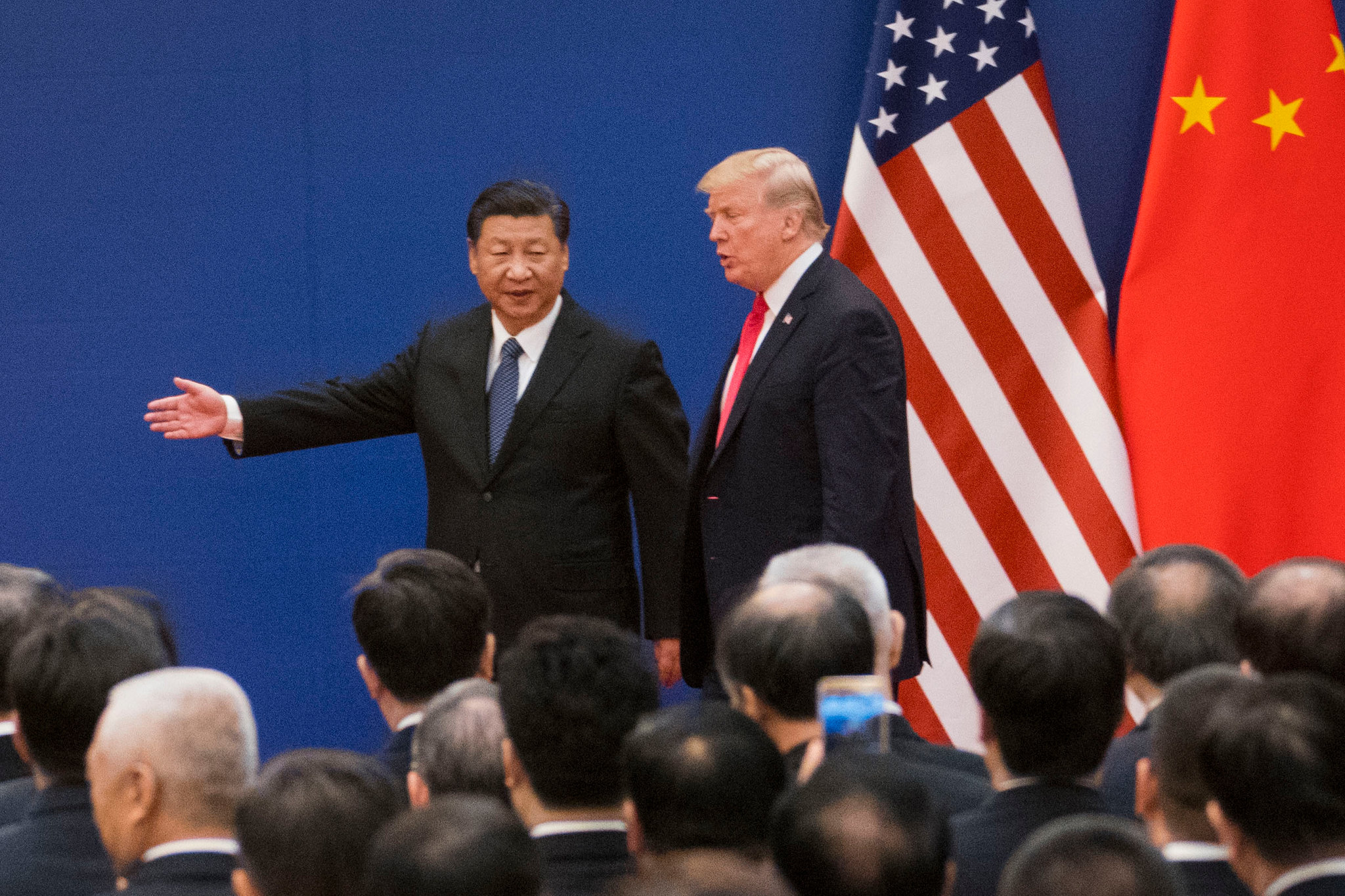
Photo: The New York Times
Ongoing U.S.-China Trade Tensions May Soon See Leadership-Level Discussion
The prospect of a new round of trade negotiations between the United States and China is gaining momentum. According to White House National Economic Council Director Kevin Hassett, President Donald Trump and Chinese President Xi Jinping are likely to engage in direct talks “soon,” although no exact date has been confirmed.
Speaking on ABC News' “This Week,” Hassett emphasized that both nations have demonstrated an openness to dialogue, particularly in the wake of renewed strain over trade disagreements. “It’s our expectation that President Trump will have a significant conversation with President Xi this week, but we’re still waiting on a formal date,” Hassett said.
Frequent Lower-Level Talks Continue Behind the Scenes
While top-level communication remains pending, Hassett noted that U.S. and Chinese officials are engaging daily to keep the process moving. “Our team, led by Trade Representative Jamieson Greer, has been in constant contact with their Chinese counterparts,” he said. “Progress is being made, but it's a slow grind.”
These ongoing backchannel negotiations follow the earlier temporary agreement reached between Trump and Xi during a face-to-face meeting in Geneva. That accord involved a 90-day truce on escalating tariffs, allowing both sides to reengage on trade reform.
Tensions Escalate After Accusations of Breach
However, the diplomatic atmosphere shifted sharply last week after President Trump accused China of breaching the initial agreement. In a fiery post on Truth Social, Trump declared, “So much for being Mr. NICE GUY!”—signaling frustration over what the White House views as Chinese backpedaling.
On Friday, Trump reiterated his intent to speak directly with Xi about what he views as China’s failure to uphold the deal. “It’s likely I’ll talk to President Xi about this very soon,” Trump told reporters, hinting at the urgency of the situation.
Key Officials Express Frustration Over Chinese Negotiation Tactics
Other senior Trump administration officials echoed the president’s concerns. Commerce Secretary Howard Lutnick, appearing on “Fox News Sunday,” criticized Beijing’s negotiating approach, stating, “They’re just slow-rolling the deal.” He emphasized that the administration is aware and actively working to press forward.
Treasury Secretary Scott Bessent also weighed in last week during an appearance on Fox News, noting that trade discussions with China are “a bit stalled.” He remained optimistic, however, adding, “I believe we’ll be re-engaging with them in the coming weeks.”
The Stakes Remain High
The stakes in these negotiations are massive. As of early this year, tariffs imposed by both countries affected more than $500 billion in bilateral trade, impacting sectors from agriculture and automotive to tech and manufacturing. Analysts at the Peterson Institute for International Economics estimate that U.S. tariffs on Chinese goods could cost American consumers an average of $800 annually if they remain in place long-term.
Meanwhile, the U.S. Chamber of Commerce has warned that prolonged trade uncertainty could dampen business investment, particularly among multinational corporations that rely on stable supply chains.
High-Level Dialogue May Signal Breakthrough or Further Friction
With both economies grappling with post-pandemic recovery efforts and global inflationary pressures, a renewed dialogue between the world’s two largest economies could either ease tensions—or expose further fault lines in the relationship. Until then, the world watches as Trump and Xi prepare for what could be a pivotal exchange.
Popular articles
Subscribe to unlock premium content
Fashion Waste and Sustainability in Fast Fashion Are Forcing a Global Industry Reboot

The Rise and Fall of Argentina’s Economy Reflects a Cycle of Promise and Crisis
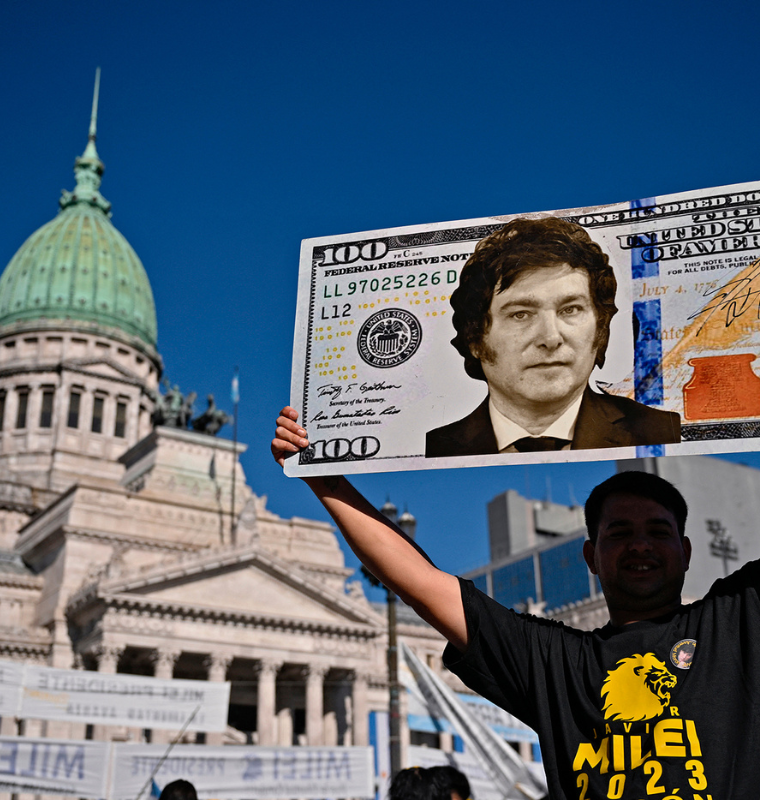
Vietnam’s Manufacturing Boom Is No Accident and It’s Just Getting Started
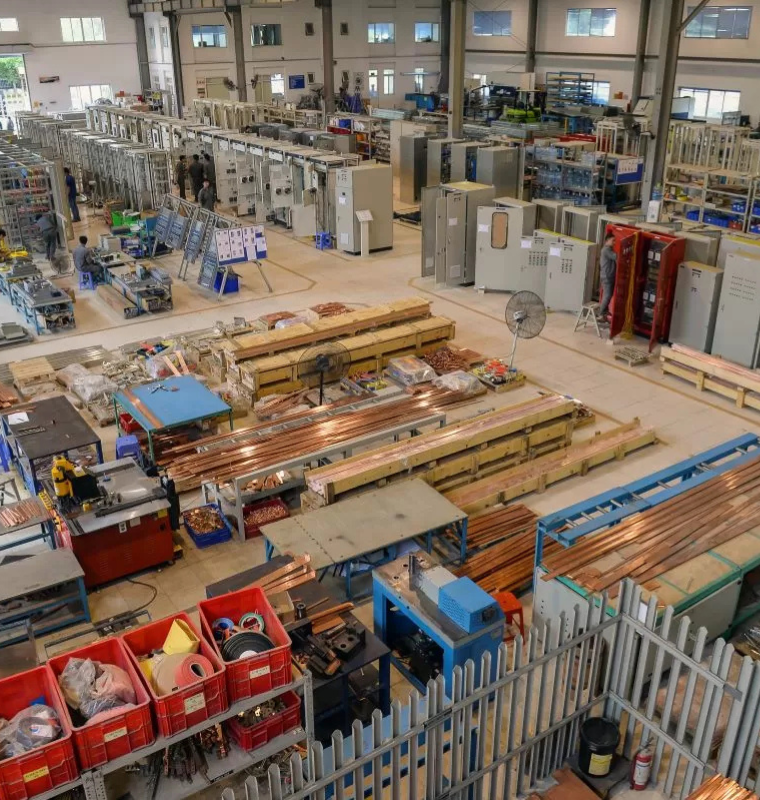
Fashion Waste and Sustainability in Fast Fashion Are Forcing a Global Industry Reboot

The Rise and Fall of Argentina’s Economy Reflects a Cycle of Promise and Crisis

Fashion Waste and Sustainability in Fast Fashion Are Forcing a Global Industry Reboot








